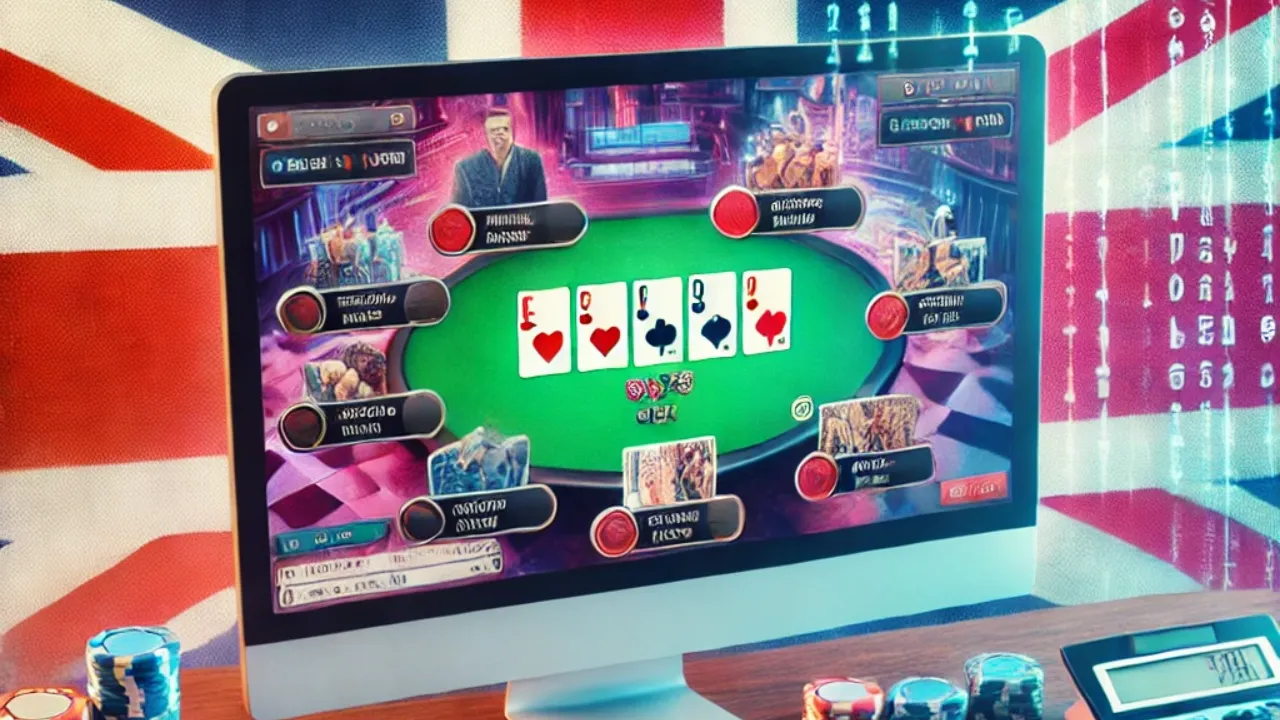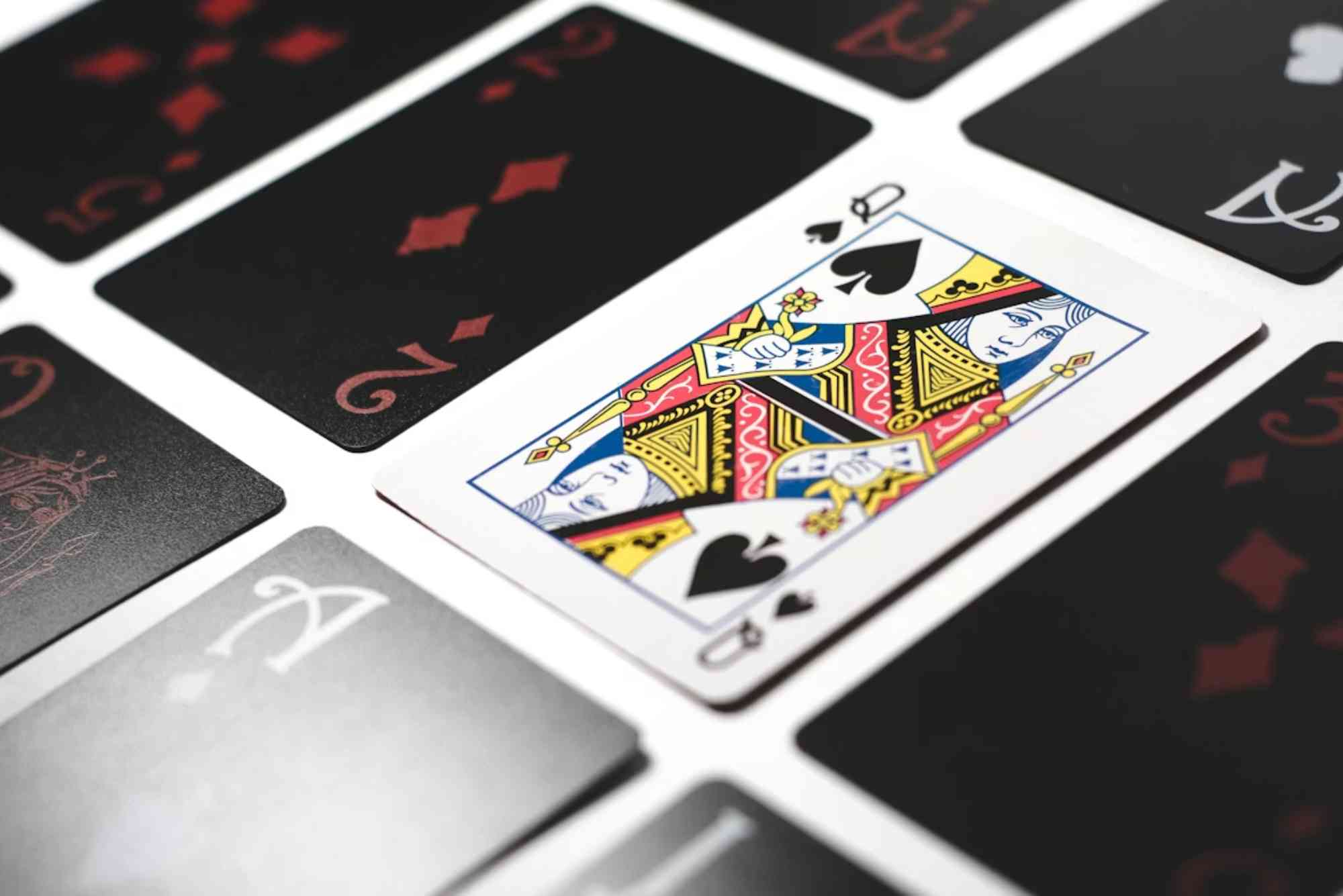Online casinos are masters at designing experiences that keep players engaged for hours. It’s not just the thrill of winning or the wide variety of games; it’s the subtle, carefully crafted psychological techniques that encourage you to stay longer and spend more. These methods are rooted in behavioral science, marketing psychology, and years of understanding player habits.
In this article, we’ll explore the most common psychological strategies used by online casinos, why they work so effectively, and how you can recognize them. We’ll also look at how these same engagement techniques appear in other forms of gaming, such as the chicken road game, where player retention relies heavily on addictive, reward-driven design.
The Illusion of Control
One of the most powerful psychological hooks online casinos use is giving players the illusion of control. Games like blackjack, poker, and even certain slot machines allow you to make choices—hit or stand, bet higher or lower—which can make you feel like your decisions directly influence the outcome. While skill plays a role in some games, the house edge is always present. This illusion keeps players engaged because they believe they can “outsmart” the system with enough strategy or experience.
In the case of online slots, features like “stop” buttons or quick spins create the perception that your timing affects the result, even though the outcome is determined by a random number generator the instant you click spin.
The Power of Near-Misses
Near-misses are a classic casino tactic. Picture spinning the reels and seeing two jackpot symbols line up, with the third just one spot away. Your brain registers this as being “so close,” triggering the same dopamine response as a win. This sense of almost winning motivates you to keep playing, believing the next spin might be the lucky one.
Research shows that near-misses can be even more stimulating than actual wins because they ignite hope and increase the urge to continue. This principle isn’t unique to gambling; many mobile games use similar techniques to encourage replay.
Reward Systems and Variable Ratios
Casinos know that predictable rewards get boring, so they use variable ratio schedules—rewarding players at random intervals—to keep engagement high. You might win a big payout after three spins or thirty; you never know when the next reward is coming. This unpredictability keeps your brain in a heightened state of anticipation.
The same mechanism is what makes social media notifications addictive: you never know if the next “ding” will bring something exciting. The uncertainty fuels persistence.
Immersive Sensory Design
Sound, visuals, and animations in online casinos aren’t there just for aesthetics. The celebratory jingles, flashing lights, and confetti bursts when you win—even a small amount—are designed to trigger positive emotions and reinforce continued play. Even losses can be masked with upbeat animations, softening the blow and making you more likely to try again.
The sensory experience also works to reduce your awareness of time passing. Without clocks or external cues, you can easily lose track of hours spent playing.
Low-Stakes Betting to Build Habits
Many online casinos encourage players to start with small bets, reducing the psychological barrier to entry. Once you’ve become comfortable and invested emotionally, you’re more likely to increase your wagers over time. This gradual escalation keeps the session going while also increasing potential profit for the casino.
Similarly, free play credits or small bonuses work as “hooks,” enticing players to keep spinning or betting until they’ve invested their own money.
Personalized Promotions and Loyalty Programs
Online casinos collect data on your playing habits and use it to craft personalized offers—free spins, deposit matches, or exclusive tournaments—that align with your preferences. These tailored incentives make you feel valued, encouraging you to return.
Loyalty programs go one step further by creating a sense of progression. As you climb reward tiers, the sunk cost fallacy kicks in—you’ve already invested time and money, so you feel compelled to continue to avoid “wasting” your progress.
Time-Limited Offers and Urgency
Scarcity is another psychological tool casinos exploit. Limited-time promotions or bonuses create urgency, prompting you to play now rather than later. The fear of missing out (FOMO) is a powerful motivator, and online casinos know exactly how to use it.
Social Proof and Live Features
Live dealer games, public jackpot announcements, and player win feeds serve as social proof, showing that others are winning right now. This creates the impression that the games are “hot” and that you might be next.
In multiplayer settings, the social element also keeps players engaged longer. Chat features and leaderboards add competition and community, both of which encourage continued participation.
Recognizing the Tricks and Playing Smarter
Understanding these psychological strategies is the first step in protecting yourself from their influence. While playing online can be fun, it’s important to set time and spending limits, take regular breaks, and treat gambling as entertainment rather than a way to make money.
Being aware of these tactics doesn’t make them less effective, but it does give you the power to pause and make more informed decisions about your gameplay.
Final Thoughts
Online casinos have mastered the art of keeping players engaged through a mix of behavioral science, sensory design, and personalized marketing. Techniques like near-misses, variable rewards, and immersive environments work together to create a highly engaging—and potentially addictive—experience. By recognizing these tricks, you can enjoy online gambling more responsibly, avoiding the traps that lead to overspending and excessive play.









